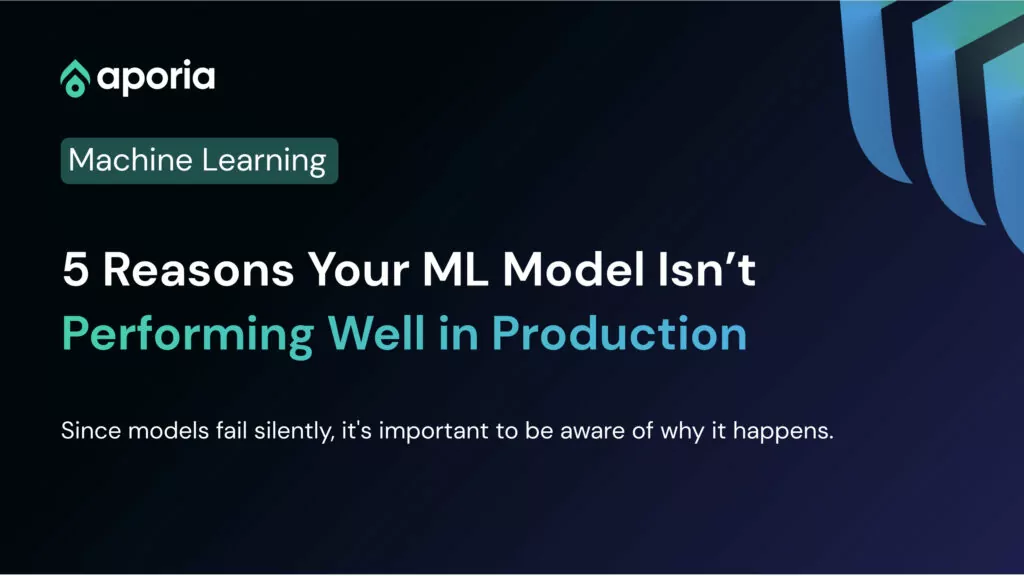
5 Reasons Your ML Model Isn’t Performing Well in Production
We’ve all been there. You’ve spent months working on your ML model: testing various feature combinations, different model architectures, and...
Aporia has been acquired by Coralogix, instantly bringing AI security and reliability to thousands of enterprises | Read the announcement
Machine Learning or ML refers to the practice of teaching computers how to learn without explicit programming. According to its name, it gives computers the ability to learn, making them more human-like. Essentially machine learning studies computer algorithms that can improve automatically through experience and by the use of data. It is considered to be a part of artificial intelligence.
A machine learning algorithm builds a model from sample data, known as “training data”, in order to predict events without having been explicitly programmed to do so. There are a wide variety of applications for machine learning algorithms, such as in medicine, email filtering, speech recognition, and computer vision, where conventional algorithms would be difficult or unfeasible to develop.
ML is closely related to computational statistics, which also uses computers to make predictions. While computational statistics are aimed at making predictions about population values, machine learning is aimed at making predictions about individual objects, and their class labels.